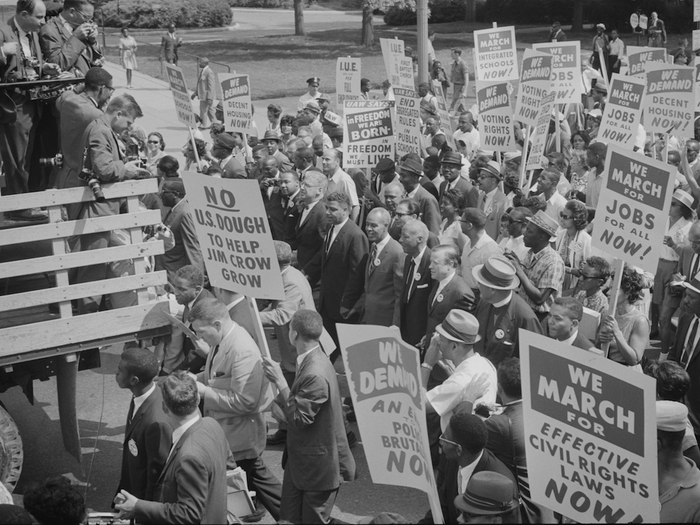todozoo.com – Human rights are fundamental freedoms and protections that belong to all people, regardless of race, sex, nationality, age, or any other status. The history of human rights is a complex tapestry of struggles, achievements, and ongoing challenges. It is a story of resilience, advocacy, and the relentless pursuit of justice and equality.
Ancient Roots and Philosophical Foundations
The concept of human rights has ancient roots, with early expressions found in various cultures and religions. Philosophical inquiries by figures such as Socrates, Plato, and Aristotle in ancient Greece laid the groundwork for discussions about justice, equality, and the rights of individuals. Similarly, the teachings of Confucius in China and the principles of Buddhism and Hinduism in Asia contributed to the early understanding of human dignity and rights.
The Enlightenment and the Birth of Modern Human Rights
The 17th and 18th centuries marked a significant period in the evolution of human rights, with the Enlightenment bringing forth new ideas about individual liberty and social contract. Philosophers like John Locke, Jean-Jacques Rousseau, and Immanuel Kant argued for the inherent rights of individuals and the importance of limiting the power of the state.
This intellectual movement paved the way for the American and French Revolutions, which were pivotal moments in the history of human rights. The American Declaration of Independence (1776) and the French Declaration of the Rights of Man and of the Citizen (1789) both asserted the natural and inalienable rights of individuals, including life, liberty, and the pursuit of happiness.
The 20th Century: Codifying Human Rights
The atrocities of World War II, including the Holocaust, underscored the urgent need for a universal framework to protect human rights. In 1945, the United Nations was established with the aim of maintaining international peace and security, and promoting respect for human rights.
The Universal Declaration of Human Rights (UDHR), adopted by the UN General Assembly in 1948, was a landmark achievement. It articulated a broad range of rights and freedoms, including civil, political, economic, social, and cultural rights. The UDHR served as a foundation for subsequent international human rights treaties and conventions, such as the International Covenant on Civil and Political Rights and the International Covenant on Economic, Social and Cultural Rights.
Struggles for Equality and Justice
The history of human rights is also a history of struggles against oppression and discrimination. Movements for civil rights, women’s rights, LGBTQ+ rights, indigenous rights, and the rights of people with disabilities have all contributed to the expansion and deepening of human rights protections.
Figures such as Mahatma Gandhi, Martin Luther King Jr., Nelson Mandela, and Malala Yousafzai have become symbols of the fight for justice and equality, inspiring generations to continue the work of advancing human rights.
Challenges and Ongoing Struggles
Despite significant progress, the realization of human rights remains an unfinished project. Issues such as poverty, conflict, discrimination, and the rise of authoritarianism continue to threaten human rights around the world. The digital age has introduced new challenges, including privacy concerns and the spread of misinformation.
The COVID-19 pandemic has highlighted the importance of health as a human right, while also exposing vulnerabilities and inequalities. The global community faces the daunting task of addressing these challenges while upholding the principles of human rights.
Conclusion
The history of human rights is a testament to the enduring spirit of humanity’s quest for dignity, freedom, and justice. While the journey has been fraught with challenges, the advances made in protecting and promoting human rights offer hope for a more just and equitable world. As we look to the future, it is clear that the struggle for human rights is an ongoing process, requiring vigilance, courage, and solidarity.
